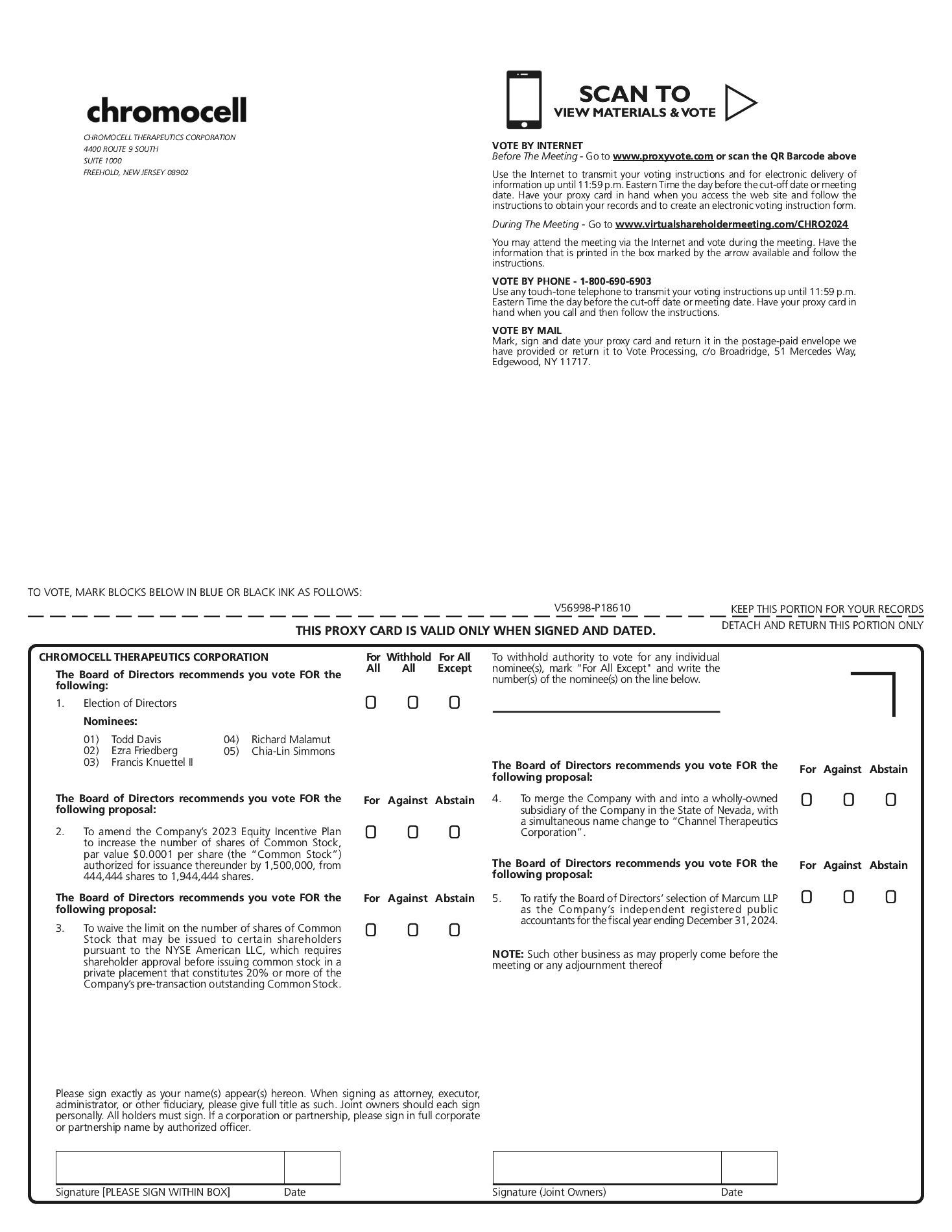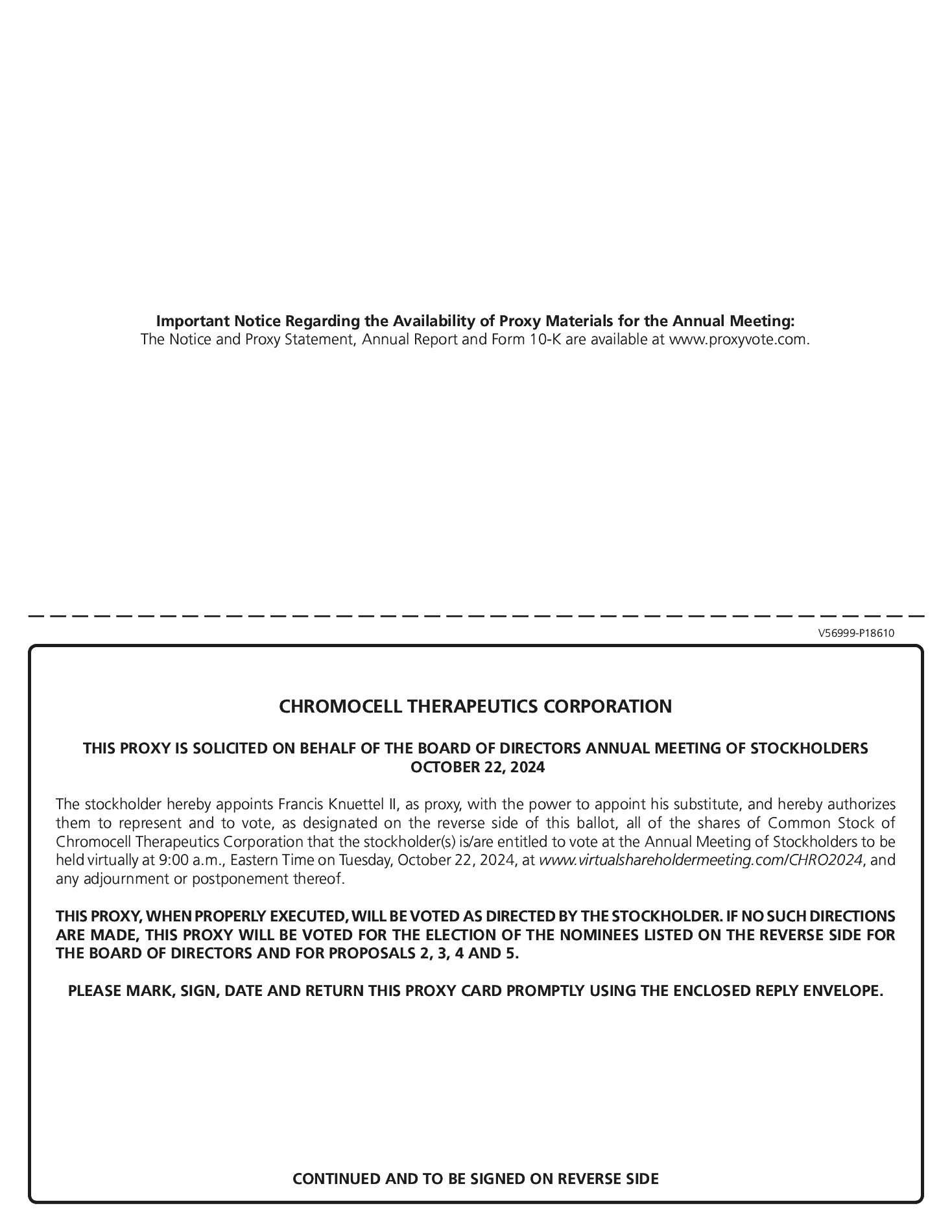“Company Redemption Date” has the meaning set forth in Section 9.1.
“Company Redemption Notice Period” has the meaning set forth in Section 9.2.
“Conversion Notice” has the meaning set forth in Section 6.4.
“Corporation” has the meaning set forth in the Preamble hereof.
“Dividends” has the meaning set forth in Section 3.
“Exchange Act” means the Securities Exchange Act of 1934, as amended, or any successor federal statute, and the rules and regulations thereunder, which shall be in effect at the time.
“Holder” means a holder of Series C Preferred Stock.
“Initial Issuance Date” has the meaning set forth in Section 3.
“Junior Securities” has the meaning set forth in Section 5.1
“Liquidation” has the meaning set forth in Section 5.
“New York Courts” has the meaning set forth in Section 11.1.
“Person” means an individual, corporation, partnership, joint venture, limited liability company, governmental authority, unincorporated organization, trust, association or other entity.
“Preferred Stock” has the meaning set forth in the Recitals.
“Preferred Stock Certificates” has the meaning set forth in Section 6.4.
“IPO” means the sale, in a firm commitment public underwritten offering pursuant to an effective registration statement under the Securities Act, of securities of the Corporation, following which such securities (or any component part thereof) are listed on a national securities exchange registered with the SEC under Section 6(a) of the Exchange Act (or, alternatively, quoted on the OTC Bulletin Board or similar quotation system).
“IPO Price” means the price at which the Common Stock is sold to the public in the IPO.
“NRS” has the meaning set forth in the Preamble hereof.
“Required Holders” has the meaning set forth in Section 8.
“SEC” means the U.S. Securities and Exchange Commission.
“Securities Act” means the Securities Act of 1933, as amended, or any successor federal statute, and the rules and regulations thereunder, which shall be in effect at the time.
“Series C Preferred Stock” has the meaning set forth in Section 1.
“Share” means a share of Series C Preferred Stock.
“Stated Value” shall mean $1,000.00 per Share, subject to adjustment for stock splits, stock dividends, recapitalizations, reorganizations, reclassifications, combinations, subdivisions or other similar events occurring after the Initial Issuance Date with respect to the Shares.
“Trading Day” means a day on which the Trading Market for the Common Stock is open for trading.
“Trading Market” means any of the following markets or exchanges on which the Common Stock is listed or quoted for trading on the date in question: the NYSE American, the Nasdaq Capital Market, the Nasdaq Global Market, the Nasdaq Global Select Market, the New York Stock Exchange (or any successors to any of the foregoing).
“Transfer Agent” has the meaning set forth in Section 6.4.
3. Dividends. Holders shall not be entitled to receive any dividends in respect of the Series C Preferred Stock.
4. Voting Rights. Except as otherwise provided herein or as otherwise provided by the NRS, the Series C Preferred Stock shall have no voting rights.


